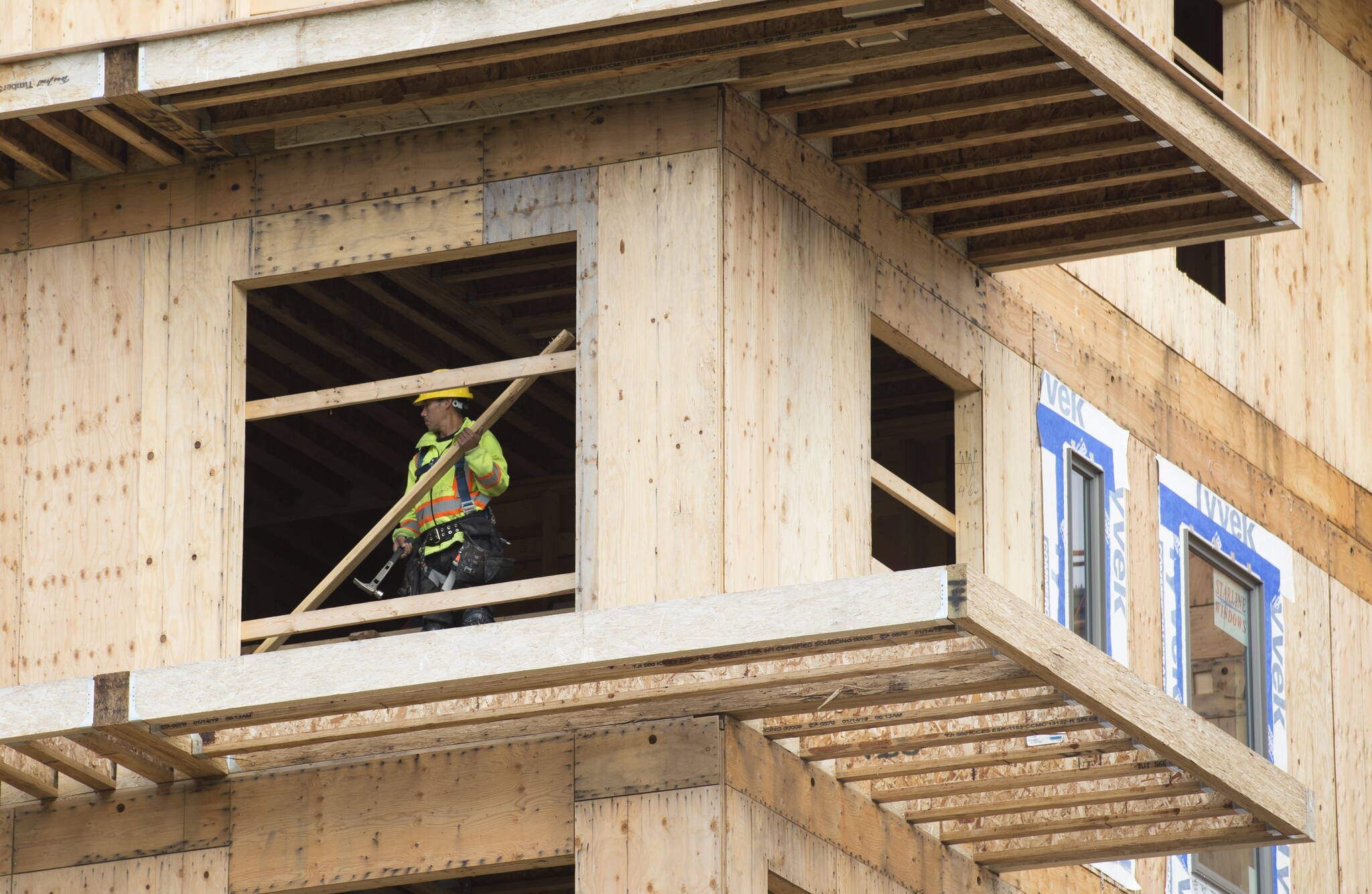The Liberal government will try to ease Canada’s housing crisis with more than $10 billion in funding meant to speed up home construction and repairs as well as through a ban on home buying by foreign investors and tax measures to reduce speculation, while at the same time adding help for those trying to get into the market.
The commitments make up one of the biggest areas of spending in the federal budget unveiled Thursday, though the plans rely heavily on cooperation with other levels of government and the private sector.
“Over the next 10 years, we will double the number of new homes we build. This must become a great national effort, and it will demand a new spirit of collaboration,” Finance Minister Chrystia Freeland said in her forward to the budget.
The housing portion of the budget is a mix of 2021 election campaign promises and commitments made to the New Democratic Party as part of a supply and confidence agreement, with a clear focus on increasing supply.
The spending includes $4 billion in a broad accelerator fund for municipalities to help with planning and delivery of housing, with a target of 100,000 new units over five years.
There’s also $1.5 billion over two years for upwards of 6,000 new affordable housing units through the Rapid Housing Initiative, $475 million for rental assistance, and the acceleration of $2.9 billion in already promised spending through a co-investment fund to provide housing to vulnerable Canadians.
Other measures include $150 million for affordable housing in Northern Canada over the next two years, more than $600 million for new and existing programs to address homelessness, and just over $1 billion for a variety of home energy efficiency initiatives, including loans and grants for greener affordable housing.
Commitments also include $4.3 billion in spending for Indigenous communities over seven years, including $2.4 billion for on-reserve housing, though those figures are far short of what advocates say is needed.
The Liberals say they will also leverage more than $40 billion in infrastructure funding to push cities and provinces to act faster on housing.
The country is also under pressure to cool an overheated market after prices climbed by more than 20 per cent since last year to hit a record $816,720 in February, while rental rates have also been rising.
“We recognize that the central challenge in Canada when it comes to housing is a lack of supply,” Freeland said during a press conference Thursday afternoon, emphasizing that the budget targeted the supply side of the housing equation while acknowledging other levels of government will be needed to execute the plan fully.
The budget will strive to deliver some pricing relief by banning foreign buyers from home purchases for the next two years, and to tax home sales within a year of purchase as business income, though there are numerous exemptions to both measures.
The Liberals have also announced a review of how much large companies buying homes is affecting the market, and what options such as tax measures they have to address the growing trend, but made no policy commitments on the issue.
The budget includes measures to help people trying to get into the market, including a new savings account and changes to the first-time home buyers tax credit.
Home-buyers in general will gain more protections through a bill of rights that is proposed to include a right to a home inspection, an end to blind bidding — a widely-used practice where sellers don’t disclose competing bids — as well as potential mortgage deferrals and increased disclosures from real estate agents.
—Ian Bickis, The Canadian Press
RELATED: Report on housing costs examines role for municipalities in easing affordability

